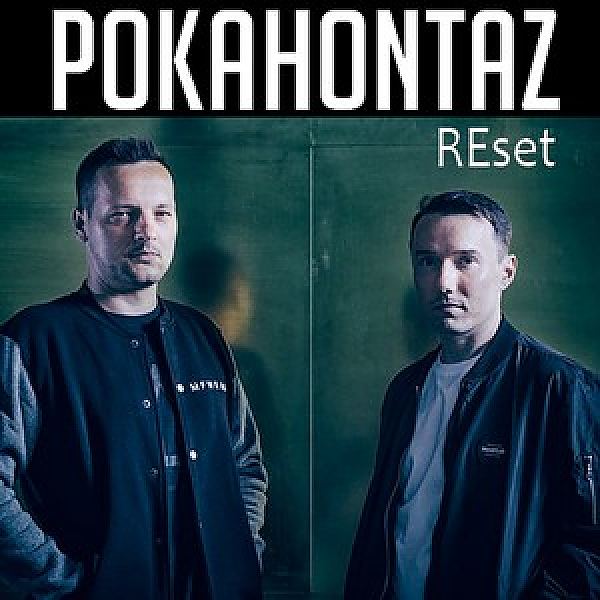

#FOKUS KONCERTY FULL#
Equally, he made full use of folk and sacred songs in his works. As the son of a military bandleader he grew up in a popular music setting and readily incorporated this into his musical experiments (for instance, he loved the sound of wind bands concurrently playing different music, “competing” against each other). In his oeuvre Ives did not make any distinction between music for higher or lower social strata (which was an important consideration at the time). He secured a comfortable living through his lucrative commercial activities, which allowed him to fund the publication and performance of his own works, yet it was only in his declining years that he enjoyed greater recognition as a composer.
#FOKUS KONCERTY FREE#
From the age of fourteen he worked as a church organist, but after his time at university he decided upon a career as an insurance executive and only composed in his free time. These moulds were finally broken by Charles Ives (1874–1954) who, through his achievements – considered experimental in their day – influenced future generations of composers in America and elsewhere. This ferment slowly gave rise to a special brand of American music which found inspiration in the musical expression of the indigenous population and the African American ethnic group nevertheless, it still remained firmly bound to the models of European Romantic music.

Regular concerts were organised in the larger towns and cities, supported by distinguished local figures and by the patronage of nouveau riche bankers and industrialists who were able to organise guest appearances from Europe’s leading artists (the most notable being Antonín Dvořák). The industrial revolution that occurred during the 19 th century brought unprecedented economic prosperity for the United States which not only allowed the inhabitants of the New World a more discerning lifestyle but it also enabled them to cultivate musical tastes. The score even requires me to improvise at one point!” Michal Rataj’s piano concerto will give me one of my first opportunities to play truly current music, moreover, music written by my contemporary and friend which may well surprise the audience not only for its originality, but also for its sheer beauty. On the other hand, the Prague Spring is one of the world’s elite festivals, and to perform at the event would be an honour for any musician, even more so in my case, given that I will be joining another national treasure – the Czech Philharmonic, along with conductor David Robertson. Kahánek himself states that he is looking forward immensely to his twofold appearance at this Prague Spring concert: “ On the one hand it was at this festival – or, more precisely, during the festival competition – that my concert career began in 2004. “ As a composer I have always been fascinated by quests like this,” he adds. 4 for orchestra, choir and solo piano is one of his greatest works,” says Prague Spring Programme Director Josef Třeštík. “ Ivo is a first-rate soloist of traditional scores who has embarked upon a quest in a sphere of music considerably more recent,” states Michal Rataj.

4 by Charles Ives. “ Together with Gershwin, Ives is a fundamental American composer of the first half of the 20 th century, and his monumental, daring and, at the same time, poignant Symphony No. One of the most eminent Czech pianists on the music scene today, Kahánek will be appearing twice during this festival programme when he performs the piano concerto Movis by contemporary Czech composer Michal Rataj and then the solo part in Symphony No. The audience has a wonderful evening in store with a concert given by the Czech Philharmonic and American conductor David Robertson, the Prague Philharmonic Choir and Ivo Kahánek. Monumental, daring and, at the same time, poignant


 0 kommentar(er)
0 kommentar(er)
